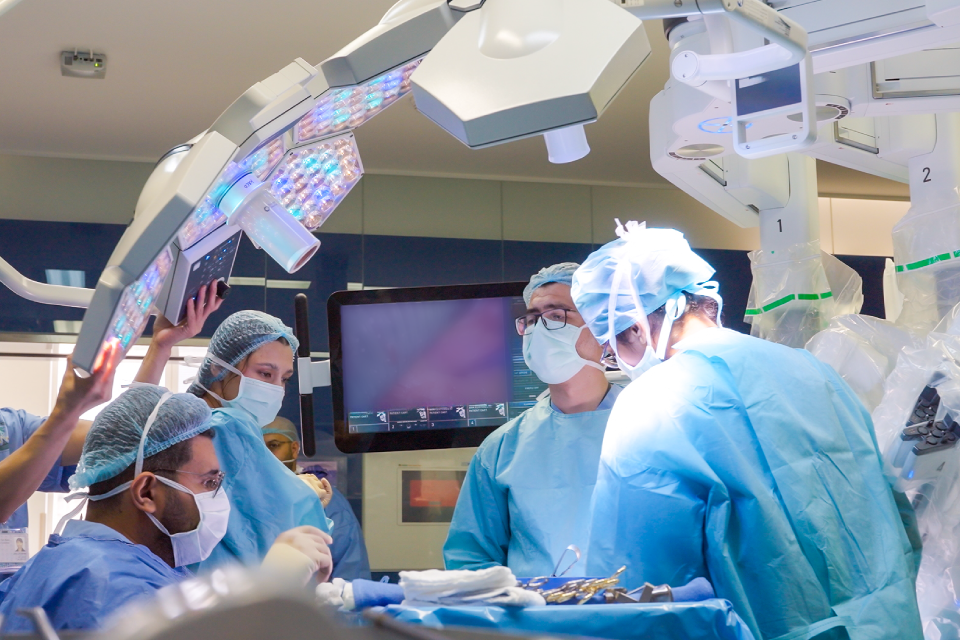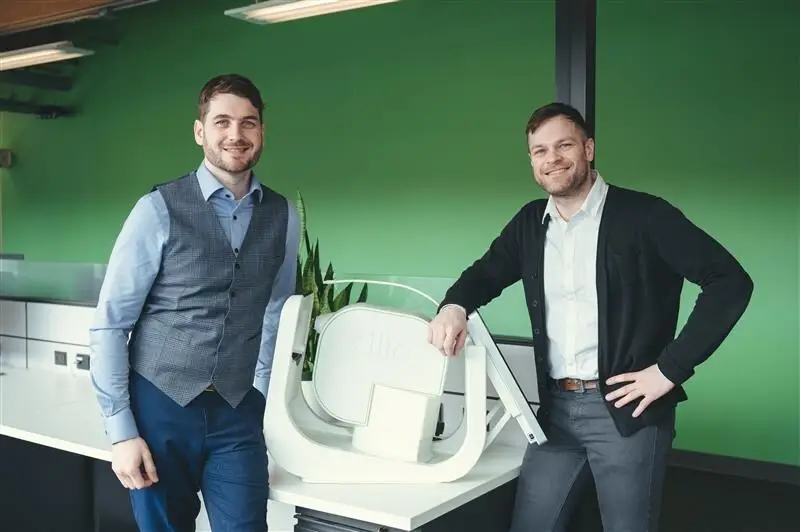January 19, 2021
Bioclinica, an integrated solutions provider of clinical life science and technology expertise, today announced a new product to support redaction of sensitive patient information from videos, photos, and PDFs in clinical trials.
Bioclinica notes the addition of Image Redact AI to the company’s portfolio of specialty software solutions makes it the first and only company that can redact sensitive patient identifiers from videos in addition to photos and PDFs.
Historically, it has been very difficult to ensure videos fully comply with patient privacy regulations in clinical trials, increasing the risk of costly penalties, downstream issues, and reputation damage for trial sponsors. With Bioclinica’s new AI application, sponsors benefit from peace of mind as well as processing capabilities that reduce time to redact patient identifiers within videos from days to hours.
The launch of Image Redact AI closely follows Bioclinica’s acquisition of Saliency, a Silicon Valley-based AI company with technology capable of dramatic acceleration of image QC and interpretation to support rapid development of digital diagnostics and therapeutics.
“Image Redact AI is the latest demonstration of how we are delivering value to our customers using cutting-edge technology,” said Dan Gebow, PhD, Chief Innovation Officer at Bioclinica. “Today, we can include videos in the long list of file types that our image de-identification system can handle with ease.”
Bioclinica Image Redact AI safeguards sensitive clinical trial data by automatically redacting sensitive patient identifiers from videos, photos, and PDFs. It is the only solution that pairs a high level of AI-driven de-identification with the human oversight of an experienced quality control team to help ensure videos and photos comply with 21 CFR Part 11, EU GDPR, and other privacy regulations.
Research that utilizes video or other image formats for studies on vision loss, gait or other movement analysis, dermatology, dental, or behavioral research are especially prone to issues with current products that blur a patient’s entire face.
These solutions do not work for this kind of research where it is necessary to see parts of the face, such as the upper lip, forehead, or skin color. In these instances, a sponsor’s only option was to do the redaction themselves. This manual process is error-prone, time-intensive, and can consume valuable research dollars.
Prior to submitting a video, photo, or PDF to our secure, 100% browser-based Global Cloud Network, Image Redact AI pre-screens to ensure accurate file type and size. The technology then performs the de-identification process to remove all sensitive patient information, followed by a 100% human visual quality control review by experienced Bioclinica technicians to ensure proper de-identification before the data is made available.


